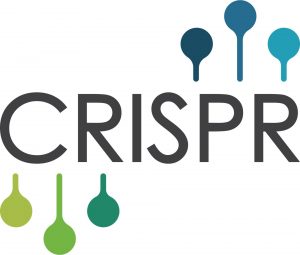CRISPR is a gene editing technique that is currently still being researched and expanded upon, however, upon recent discoveries, one can note the great advantages this technology brings to the table to enhance cancer immunotherapy . More specifically, according to the Washington University School of Medicine, “these T cell immunotherapies can’t be used if the T cells themselves are cancerous.” However, there is more to this discovery. Let’s backtrack.
What exactly is CRISPR? “CRISPR technology is a simple yet powerful tool for editing genomes. It allows researchers to easily alter DNA sequences and modify gene function. Its many potential applications include correcting genetic defects, treating and preventing the spread of diseases and improving crops. However, its promise also raises ethical concerns.” For the sake of this article, we are just focusing on the benefits it has on cancer treatment solely. Also, what exactly are T cells? They are “a type of white blood cell that is of key importance to the immune system and is at the core of adaptive immunity, the system that tailors the body’s immune response to specific pathogens. The T cells are like soldiers who search out and destroy the targeted invaders.” On the other hand, T cells can become cancerous therefore not being able to accomplish their task of destroying invaders.
How does CRISPR enhance cancer immunotherapy? Scientists at the Washington University School of Medicine engineered human T cells that can attack cancerous human T cells. Additionally, they engineered the T cells to eliminate a harmful side effect known as graft-versus-host disease. This was all thanks to CRISPR. But, how exactly did they figure this out? Were there any flaws or bumps in the road?
Well, this type of treatment cannot work if the T cells they use are cancerous. Supercharged T cells can alternatively be used to kill cancerous T cells, but the cells can also kill each other because they resemble each other closely. This is where CRISPR came in, preventing the human T cells and cancerous human T cells from killing each other. Another benefit of this is that the scientists engineered the T cells so any donors T cells can be used without the fear of not matching the person in need of the T cells.
Overall, anything to better the prevention of cancer is a scientific win in most’s book. But, CRISPR is a controversial tool. Some think it should be put to use and some do not. However, will this technology alter other aspects of the human genome besides diseases and deadly occurrences? How will this affect our ethics as a community? Will our genetics continue to increasingly become more altered? Time will only tell.



Leave a Reply